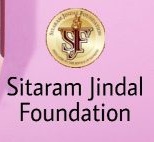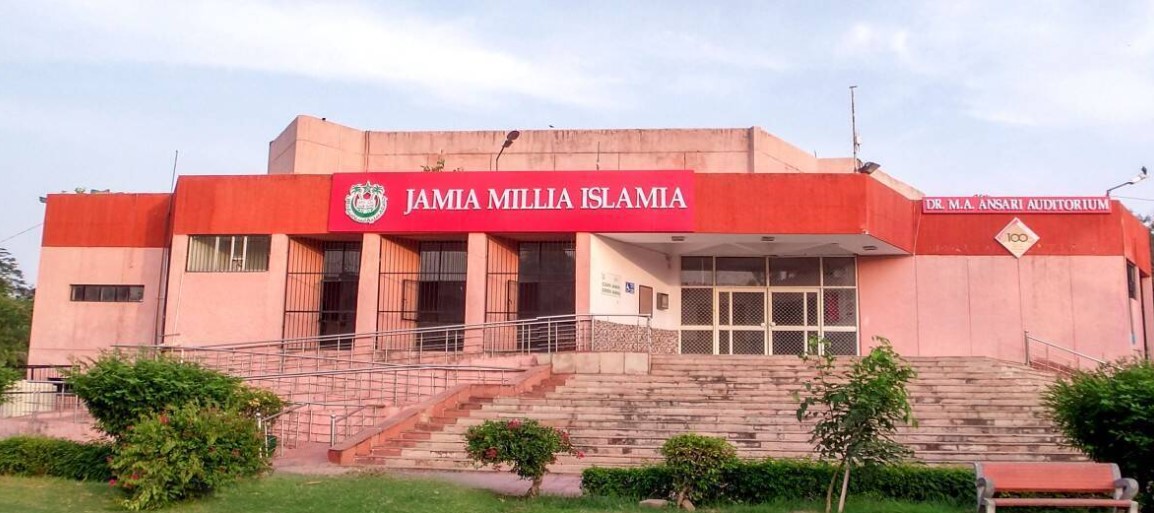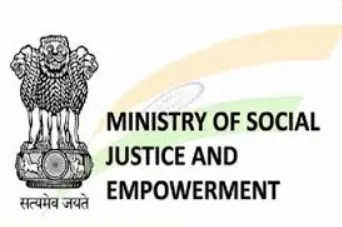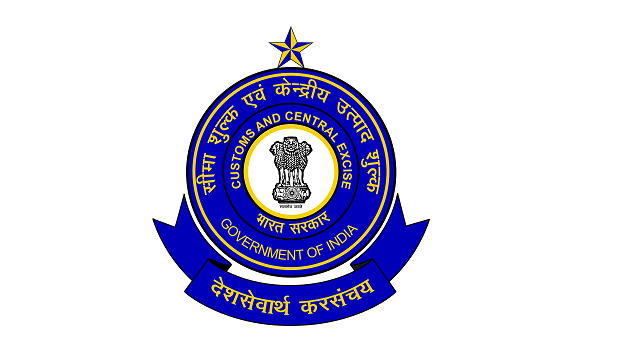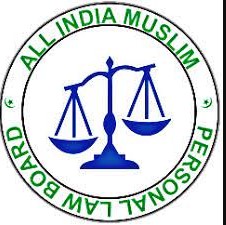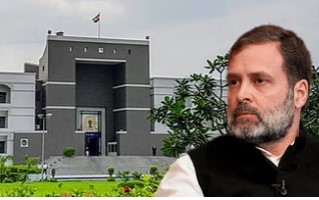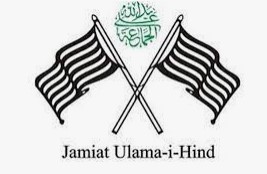
Jamiat Ulema-e-Hind (JUH) is an Islamic organization based in India that represents the interests of the Muslim community. Founded in 1919, it has played a significant role in promoting the welfare and rights of Muslims in the country. Here is some information about Jamiat Ulema-e-Hind, discussed point by point:
1. Formation and Objectives:
- Jamiat Ulema-e-Hind was established on November 13, 1919, in the aftermath of the Khilafat Movement, which aimed to support the caliphate and protect Muslim interests.
- The organization was founded by a group of prominent Islamic scholars and leaders, including Maulana Mahmood Hasan, Maulana Hussain Ahmad Madani, and Maulana Kifayatullah Dehlawi.
- JUH's primary objective is to protect and promote the rights, welfare, and interests of Muslims in India, including issues related to education, religious freedom, social justice, and political representation.
2. Religious Leadership and Ideology:
- JUH is led by a group of influential Islamic scholars and clerics who provide religious guidance and shape the organization's ideology.
- The organization follows the ideology of Sunni Islam and upholds the principles of Ahl al-Sunnah wal Jamaah (followers of the Prophet Muhammad's tradition).
- JUH emphasizes the importance of maintaining communal harmony, peace, and unity among different religious communities in India.
3. Educational Initiatives:
- JUH places a strong emphasis on education and has established numerous educational institutions across the country, including schools, colleges, and universities.
- These institutions aim to provide quality education to Muslim students while promoting a balance between religious teachings and modern education.
- JUH also runs scholarship programs to support financially disadvantaged students, especially those from the Muslim community.
4. Advocacy for Minority Rights:
- JUH actively engages in advocating for the rights of religious and ethnic minorities, particularly Muslims, in India.
- The organization raises concerns about issues such as discrimination, social marginalization, and communal violence faced by the Muslim community.
- JUH strives to protect the constitutional rights of minorities and ensure their full participation in the socio-political fabric of the country.
5. Legal Interventions:
- JUH has a legal wing that engages in strategic litigation to safeguard the rights and interests of Muslims.
- The organization takes up cases related to issues like religious freedom, minority rights, and social justice, often appearing in courts to advocate for the community's rights.
- JUH has been involved in important legal battles, including those related to the rights of Muslim women, the protection of religious places, and the recognition of Muslim personal laws.
6. Political Engagement:
- JUH is politically active and participates in the democratic process of India.
- The organization supports political candidates who align with its objectives and principles, often endorsing candidates from various political parties.
- JUH aims to ensure that the voices and concerns of the Muslim community are represented in decision-making processes at various levels of governance.
7. Social Welfare and Humanitarian Work:
- JUH is actively involved in social welfare initiatives and humanitarian work to uplift marginalized sections of society, including Muslims and other underprivileged communities.
- The organization runs several charitable projects, such as hospitals, clinics, orphanages, and relief programs during natural disasters and emergencies.
- JUH promotes community development and welfare by addressing issues related to poverty, healthcare, education, and livelihood opportunities.


